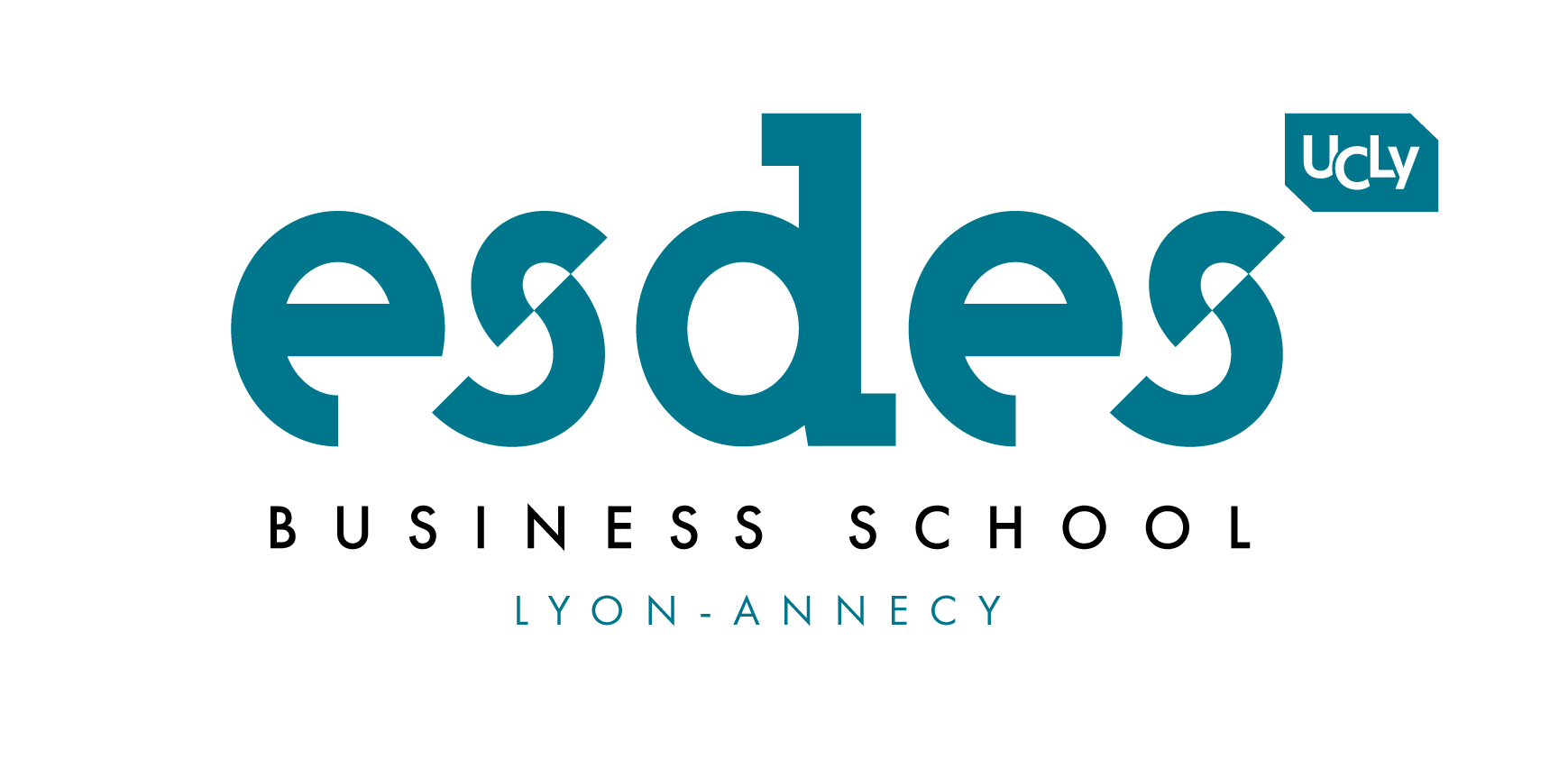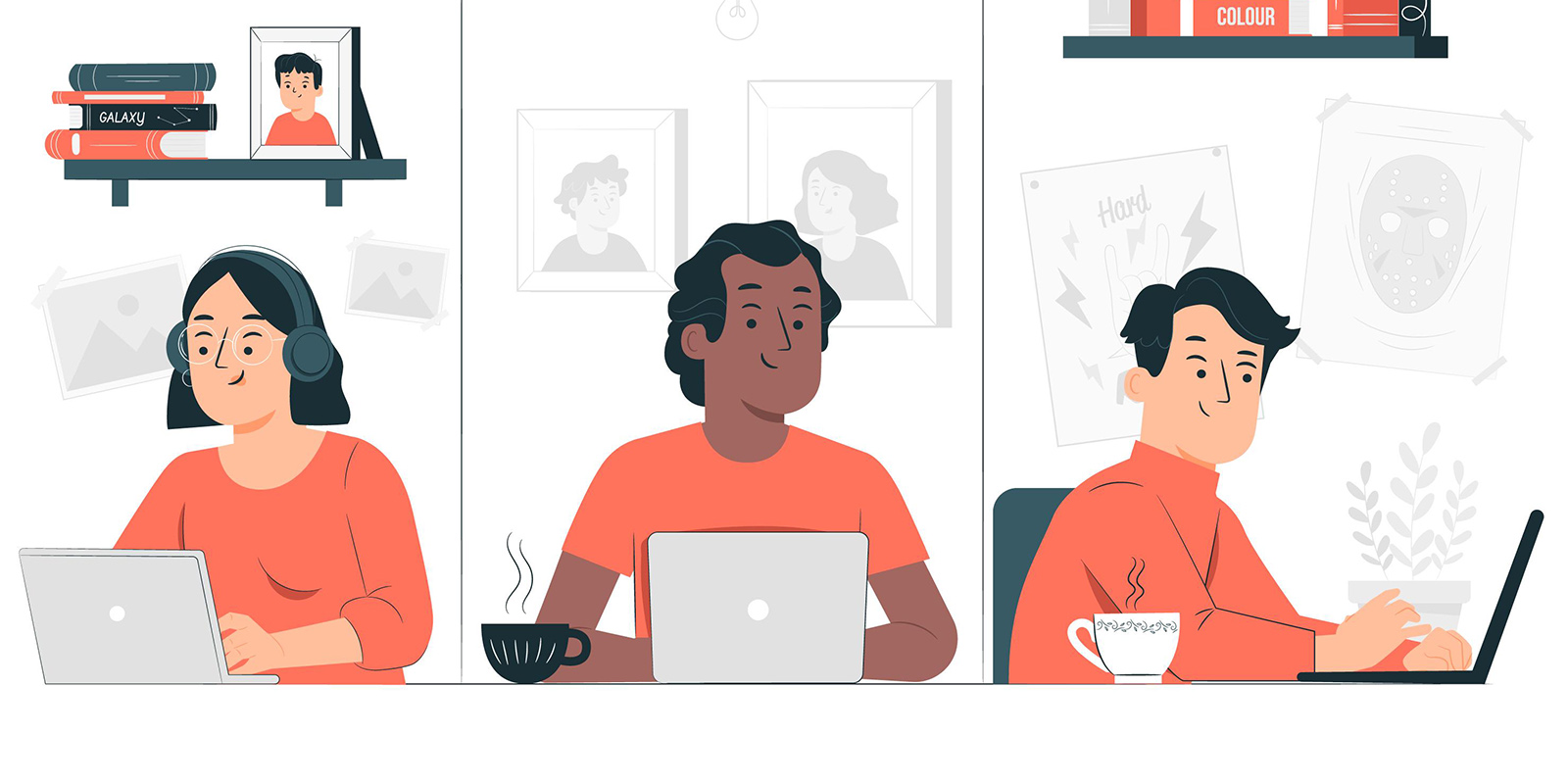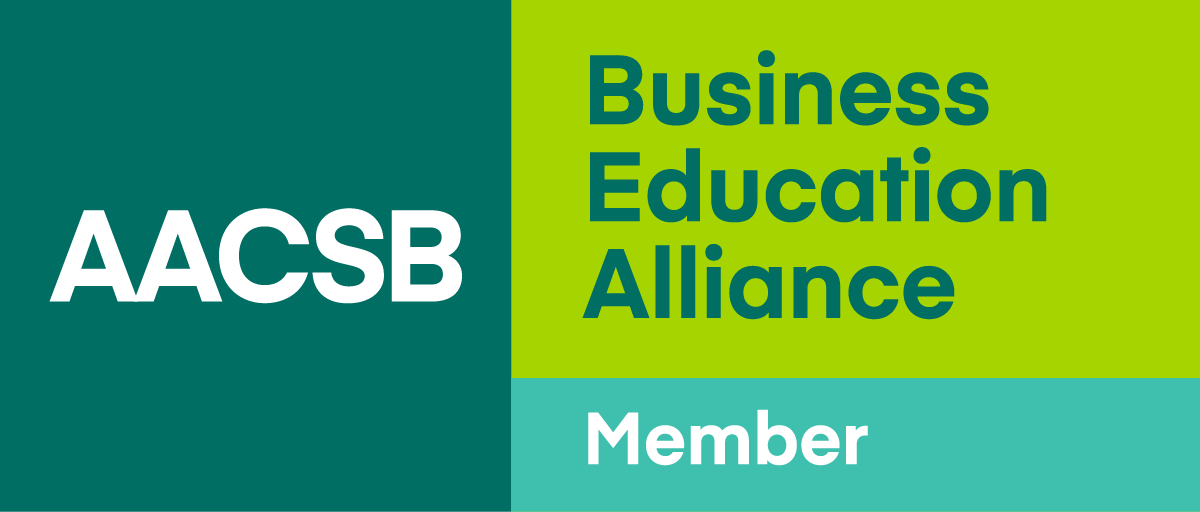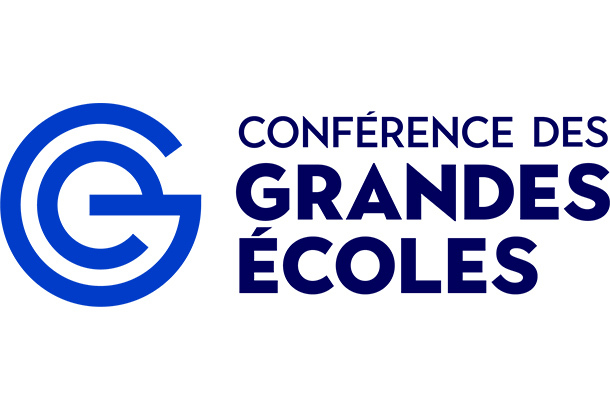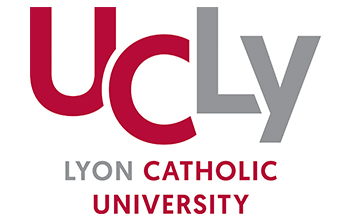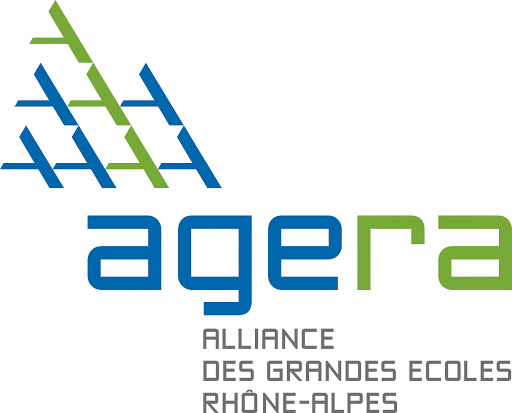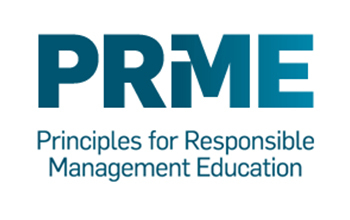- Homepage
- ESDES’s blog
- Research
- Where the Web are we going ?
Sarah Clifft
4 min.
27 January 2022
Recently, a host of new terminology has hit mainstream media including NFT, Meta and the Metaverse. All of these technologies have come to the fore due to the rapid evolution of the World Wide Web (WWW) from its original version,Web 1.0 to the promised Web 3.0.
Over the last two decades we have adapted to an ever changing Internet that has evolved through three principle developments. From its original purpose of assisting the US military in the 50-60’s, the Internet has transitioned to a public domain in the 80s with the launch of the World Wide Web, into a social platform with the dramatic upsurge in social media at the turn of the century, and finally into a smart domain with the emergence of the Internet of Things (IoT). It is therefore essential to understand from a societal and a professional perspective what Web 3.0 promises and what impact it will ultimately have on how we live.
Historically, the terminology Web 1.0 was introduced soon after Tim Berners Lee invented the WWW in 1989. This first version of the web enabled everyone with a dial up connection to the Internet, to access information that was public for all to see in one standard format.
At the turn of the 21st century the Web 2.0 saw a massive adoption, and in particular large corporates such as GAFA etc, who enabled consumers to have a customised view of publicly available information through search engines and website optimisation. The online community became a product for these enterprises who, from the onset extracted profit from consumers’ online activity.
As advances in technology were made with artificial intelligence, machine learning and the Internet of Things (IoT), Web 3.0 has promised users a highly connected online experience, building proactivity and optimal performance in an increasingly mobile world. The last 5 years has seen new developments that, in an attempt to integrate data privacy and adhere to consumer data protection, promise an multiple Internets within the Internet. Similar to blockchain, which distributes our transactional ledgers across multitudes of computers (hosted by massively distributed network of servers), the Web 3.0 aims to decentralize the data ownership and online experience, as data is stored by companies acting as data libraries that ‘protect’ our information – but that’s another story.
Reasons for the development of this new, segregated version of the Web is to protect our personal data as we immerse ourselves progressively into a virtual and augmented reality. To this effect, the announcements made by Mark Zuckerberg regarding his latest project, the Metaverse, brings the whole question of data abundance and its control once again to the fore. The virtual world of the Metaverse is a new technological development based on his company’s founding principles of ‘bringing people together’. It is a world that will develop a new economy built on digital assets and artistic creativity, enabling a multitude of opportunities for businesses and individuals.
It also will expose society to the many dangers of a world controlled by corporations, that have no reglemented operations.
And it will be here in less than ten years.
Look at your 5 year old child playing in your garden today and tell yourself that in 10 years they will be wearing Occulus headsets and ‘playing’ in the Metaverse all day.
Based on this radical change to our everyday lives that Mr Zuckerberg promises, society needs to equip itself in anticipation of such change. And to do that, the fundamental architecture of our society needs to evolve. Starting with the education system. Education is the backbone of a balanced and fair society but when there is a shift in the way society operates then education needs to adapt to prepare current and future generations. It is probably too late for the school kids currently in high school who are mere consumers of technology and not actors. The digital transformation of education is not just about the tools and the virtual classroom space. It is also about the soft skills and the digital footprint that education imprints on generations to come.
Thus, to prepare for the onset of a very ‘new’ world that lies ahead, education must :
- from a very early age, teach children to become critical thinkers. They need to understand how to filter information and extract what is right and wrong in its presentation.
- show children how to communicate and interact from behind a screen and not just with a screen – they should identify what is online influence, how to have it, use it and also avoid it when its bad.
- in primary school children should learn to program BOTS and more importantly, understand their architecture and their intelligence.
- show high school students how to be socially aware online and understand the importance of including and not excluding for the societal good.
- help students to understand defend the web for what it is; a platform ( ‘plat’ in French meaning flat in ‘form’) with no hidden hierarchy, dominated by large corporates.
- demonstrate how personal identity should be a central focus to individuals as society moves to an online format. Children must master the art of building their identity and protecting it.
- facilitate the art of talking, speaking up and out as the proportion of silence in the online Metaverse goldfish bowl will have us swimming around for hours/days in virtual, isolated silence.
- integrate questioning and debate into activities from an early age when creativity and candidness are strong in children’s minds.
- completely revise the notions of what are history, Maths and Science. These subjects need to build more relevance in a rapidly evolving world – studying Neandertahl man’s kitchen habits may need to be replaced by why and how the Internet was born.
Education needs to take a bold step in its transformation if humans are no longer to be mere integrists of the technology to come.
Professor Stephen Hawkins once boldly said that Artificial Intelligence (AI) will ultimately destroy us all since AI develops and mutates independently of humans whose biological evolution is far slower. In his mind the two are incompatible. Society can for once prove him wrong if steps are taken now to break with tradition and integrate radical change into Education in order to digitally transform the skillset of generations to come.
